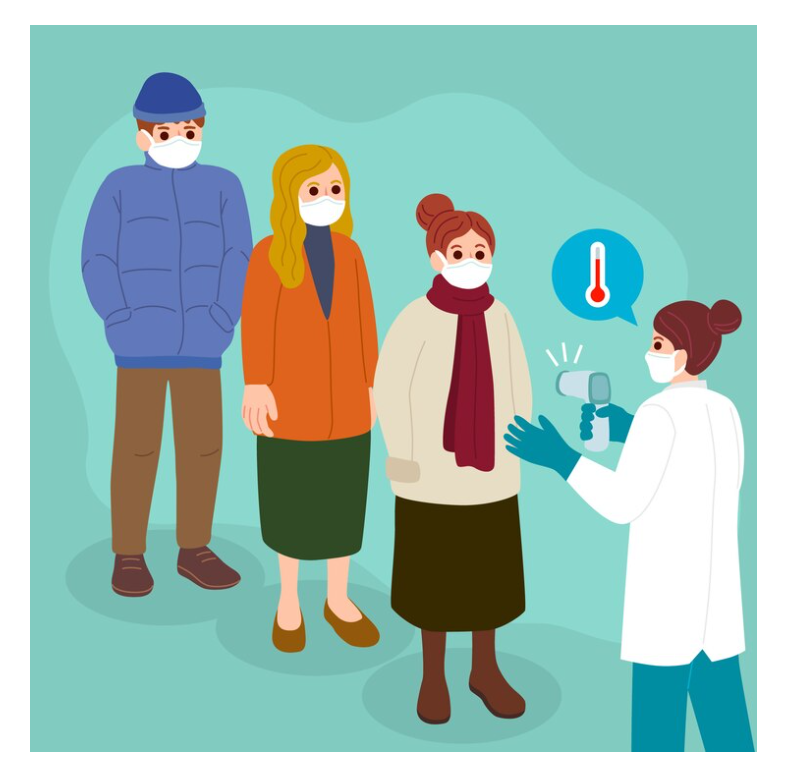
When to Seek Medical Attention for a Cold: Warning Signs
Introduction: Hey there, fellow sniffle sufferers! Dealing with a cold can be a real drag, but most of the time, it’s nothing to worry about. However, certain warning signs indicate it might be time to seek medical attention. Let’s break them down in simple terms.
1. Persistent High Fever
While a mild fever is common with a cold, a temperature above 102°F that doesn’t respond to over-the-counter fever reducers is a red flag. This could signal a more serious infection requiring medical evaluation.
2. Trouble Breathing
If you’re experiencing wheezing, shortness of breath, or chest pain, it could indicate a secondary infection like bronchitis or pneumonia. These conditions may require medical treatment, so don’t hesitate to seek help.
3. Severe Headache or Facial Pain
A cold might cause some head congestion and discomfort, but an intense headache that won’t go away or severe facial pain could signal sinusitis or other complications. It’s worth getting checked out if these symptoms arise.
4. Persistent Coughing or Coughing Up Blood
Coughing is common with a cold, but if it becomes severe, lasts longer than a few weeks, or involves coughing up blood, it’s time to see a doctor. This could rule out conditions like bronchitis, pneumonia, or even tuberculosis.
5. Ear Pain or Pressure
Earaches or pressure in your ears that persists or worsens could indicate an ear infection, which may require antibiotics for effective treatment. Don’t ignore these symptoms, especially if they come with a cold.
6. Worsening Symptoms After Initially Improving
If you start to feel better and then suddenly take a turn for the worse, this could indicate a secondary bacterial infection that needs medical attention. It’s crucial to monitor your symptoms closely during recovery.
Conclusion: Remember, it’s always better to err on the side of caution regarding your health. If you’re unsure whether your symptoms warrant a trip to the doctor, give them a call for their expert opinion. Staying informed about when to seek medical attention can help you recover faster and avoid potential complications.
To seek medical advice, always consult a Doctor. Here are our recommended experts. Click here
To read more on Respiratory disease . Click Here


